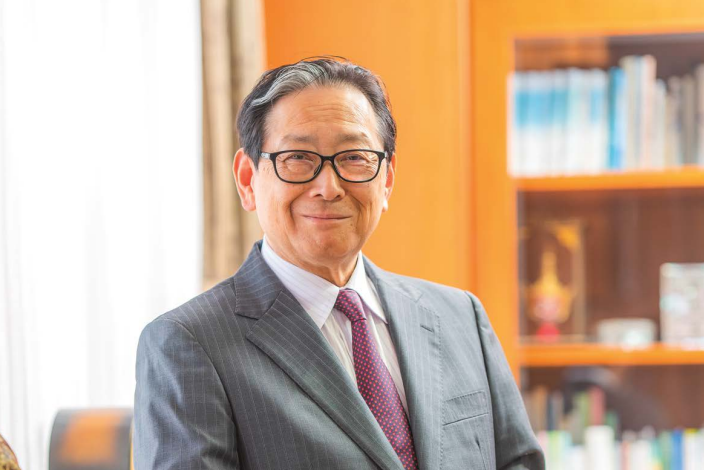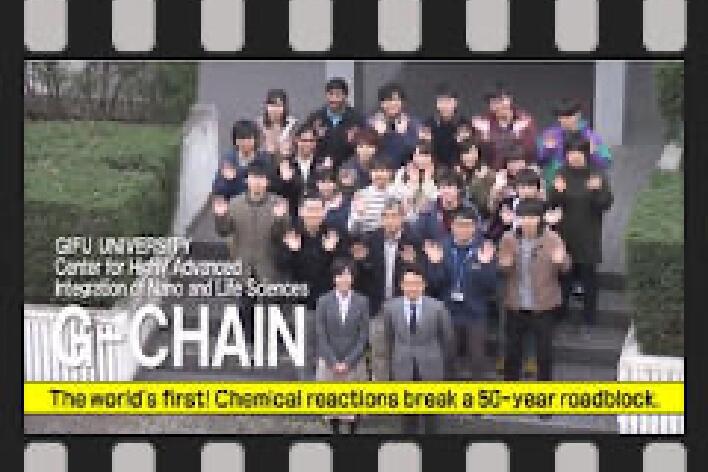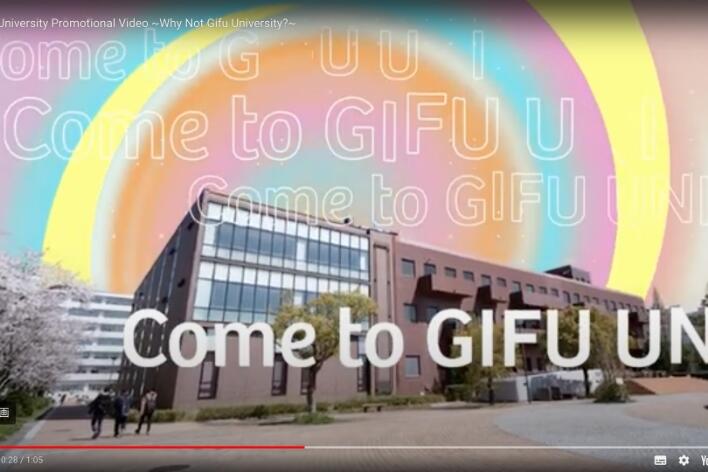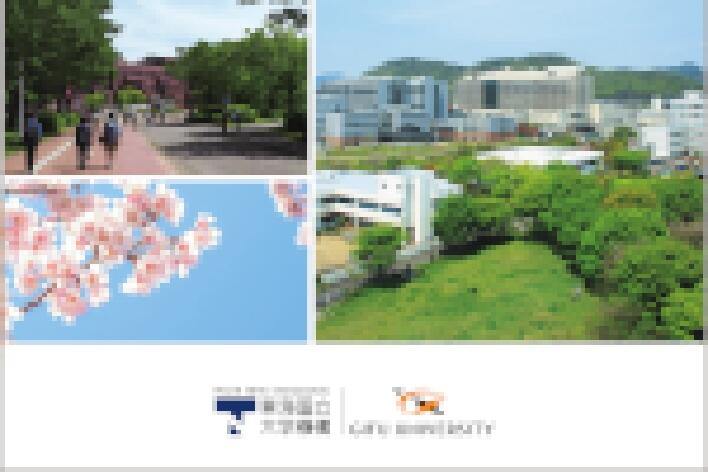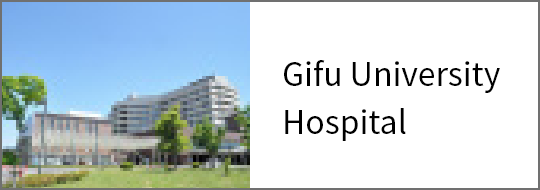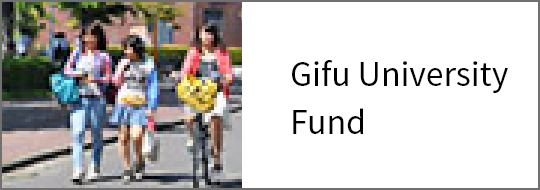Faculty of Education
The Faculty of Education educates future teachers who will train the next generation of children seeking a rich and peaceful future. It aims to equip students with deep insight and knowledge as well as the empathy needed to contribute to the education and welfare of diverse regions, nations, and the whole world. It also aims to provide students with the professional skills and knowledge needed for acquiring and critically analyzing accumulated knowledge and identifying their own issues to creatively solve problems.
 Display program details
Display program details
Training Course for School Teachers
The goal is to train students to become skilled teachers with applicable teaching skills as well as professional knowledge and skills regarding their respective fields of study and the education needed to cope with ever-changing circumstances. Another goal is to make students compassionate and have a deep understanding of others.
Training Course for Teachers at Special Needs School
This program strives to train students to become compassionate teachers whose foundations are based on expertise in school education, and training students who have the professional knowledge and practical skills to educate young children with special needs.
Faculty of Regional Studies
The Faculty of Regional Studies maintains and strengthens the foundations of academic disciplines from the human sciences, social sciences and natural sciences while integrating the academic disciplines in order to widely research the diversity of regional concepts in an academic and cultural way. It equips students with professional knowledge as well as sound judgment and deep insights about people and society in order to create a better regional society.
 Display department details
Display department details
Department of Policy Studies
Mainly through the integration of the social sciences and natural sciences, this program educates and trains students to understand and analyze the structure of regional society including the natural environment, and to gain skills related to policy design. The program aims to nurture students who can propose the construction of a better, sustainable society.
Department of Cultural Studies
Mainly through the integration of the human and social sciences, this program aims to train students to analyze and understand the principles and norms of society, such as historical experiences, cultural expression, and thought in human society. It also aims to nurture students who possess an accurate and deep insight into human society and who can envision solutions to diverse issues facing society.
School of Medicine
The School of Medicine equips students with both basic and high-level professional knowledge, practical skills, and attitudes that form the foundations of medicine with the goal of training highly skilled medical professionals and medical researchers who can contribute to the development of medicine locally and globally and who possess compassion and deep insight toward people, nature, and society.
 Display department details
Display department details
Medical Course
By providing the necessary knowledge, skills, attitudes, judgment, and problem-solving skills, as well as encouraging a lifelong pursuit of learning, this program aims to train doctors and medical researchers who can contribute to the advancement of medicine both locally and globally.
Nursing Course
By equipping students with the scientific knowledge, skills, individuality, and creativity needed to become nurses, as well as the problem-solving skills to make decisions and implement treatments on their own, this program trains highly skilled nurses who can contribute to such as medicine, welfare, and healthcare with a keen awareness of ethical standards and human sensitivities.
Faculty of Engineering
The Faculty of Engineering trains students to have wide knowledge of society, nature, culture, and other issues, as well as highly developed sensibilities, wholesomeness, and a sense of ethics. The faculty also helps students to gain basic structured studies that support professional skills, and to possess diverse skills, including both professional and specialized skills that reflect each student's individuality and comprehensive skills. The faculty aims to train engineers who are rich in humanity and creativity.
 Display department details
Display department details
Department of Civil Engineering
The Department of Civil Engineering aims to cultivate engineers who are compassionate and creative and who can contribute to creating safe and comfortable daily lives for citizens by acquiring technologies that establish local communities that exist in harmony with nature and that prevent damage from natural disasters.
Department of Mechanical Engineering
The Department of Mechanical Engineering aims to cultivate highly creative mechanical engineers who can play a role in maintaining Japan's capability as a technology-oriented country.
Department of Chemistry and Biomolecular Science
The Department of Chemistry and Biomolecular Science makes continued efforts in research development that will lead to the development of future technology as well as solving global environmental problems from the viewpoint of chemistry. It also trains engineers and researchers to be able to work in a wide range of fields such as new materials, pharmaceuticals, food, and environmental and energy technologies.
Department of Electrical, Electronic and Computer Engineering
The Department of Electrical, Electronic and Computer Engineering trains students to acquire both basic and specialized skills to deal with practical issues in the fields of electrical engineering, electronics, telecommunications engineering, information engineering and applied physics.
Faculty of Applied Biological Sciences
The Faculty of Applied Biological Sciences is designed to train students to contribute to relevant industries in the biological and life sciences. It trains students to develop the following skills:
a. The ability to determine the theories of biological sciences and life sciences
b. The ability to adapt pro-actively to a changing social environment
c. The ability to set future goals for oneself amidst a changing society
d. The ability to make one's own comprehensive and flexible judgments based on a wide range of
experiences and perspectives as well as professional knowledge.
 Display course details
Display course details
Course of Applied Life Science
This course trains students to contribute to various fields related to food, health, and the environment through the production of useful substances, utilization of the search, design, synthesis and biological functions of biological substances; environmental reclamation; development of functional foods; the securing of food safety; and improvement of food-manufacturing technology.
Course of Agricultural and Environmental Science
This course trains students in a variety of studies related to the environment and biology from molecules to ecosystems. The program aims to enable students to obtain professional skills related to environmental preservation and biological production, such as the development of the new roles plants, animals and microorganisms; the preservation of species; the development of biological production technology; analysis of the eco system; and the construction of management methods for farmland, forests, and river basins.
Joint Department of Veterinary Medicine
This course aims to equip students with the ability to adapt to globalization as well as practical skills to ensure the safety of citizens by teaching the necessary basic skills and technology to practice the many tasks of veterinarians, such as the treatment of small animals and farm animals, public sanitation and livestock sanitation, wildlife preservation management, and basic medicine.
School of Social System Management
The School of Social System Management offers students courses for business operations and management as basics that students can explore their studies on. With three key concepts in mind, namely "Business," "Area-Management," and "Tourism," the School advocates the importance of innovations and adaptabilities as driving force to develop human resources who are capable of:
1. finding solutions to a wider range of issues that our society is facing, and opening up a new era with unique foresight into the future and global competence
2. managing local businesses, governments, institutions, etc. through collaboration and individual initiatives.

